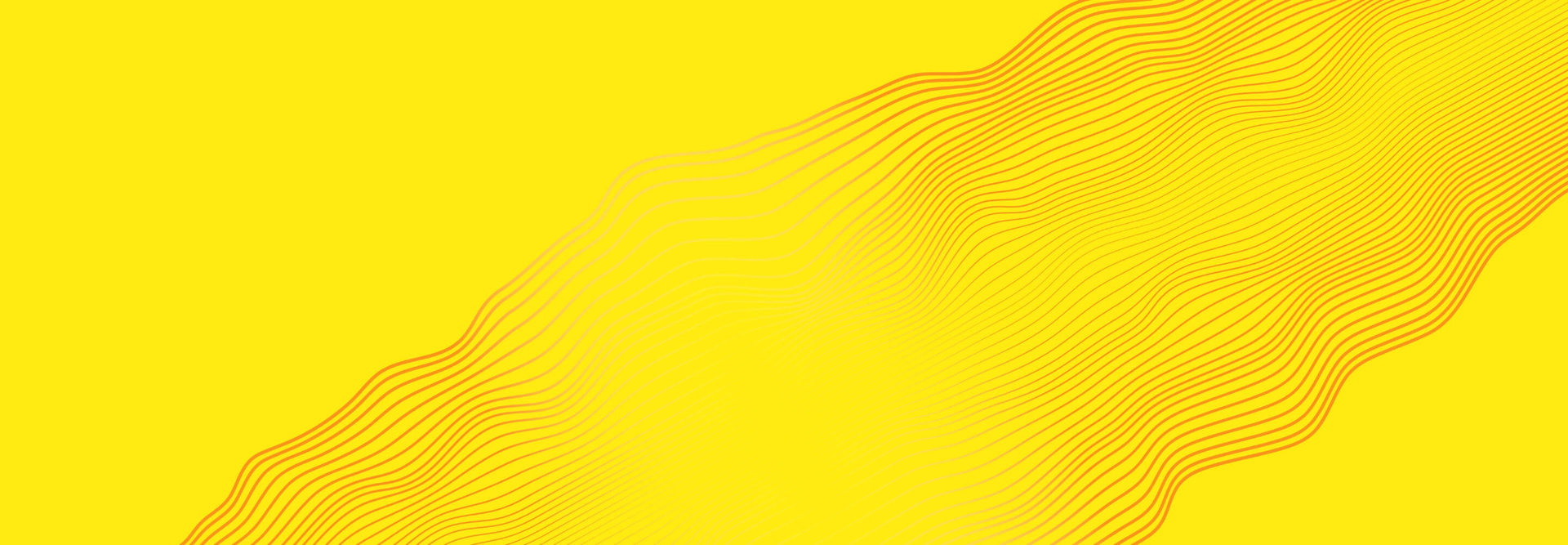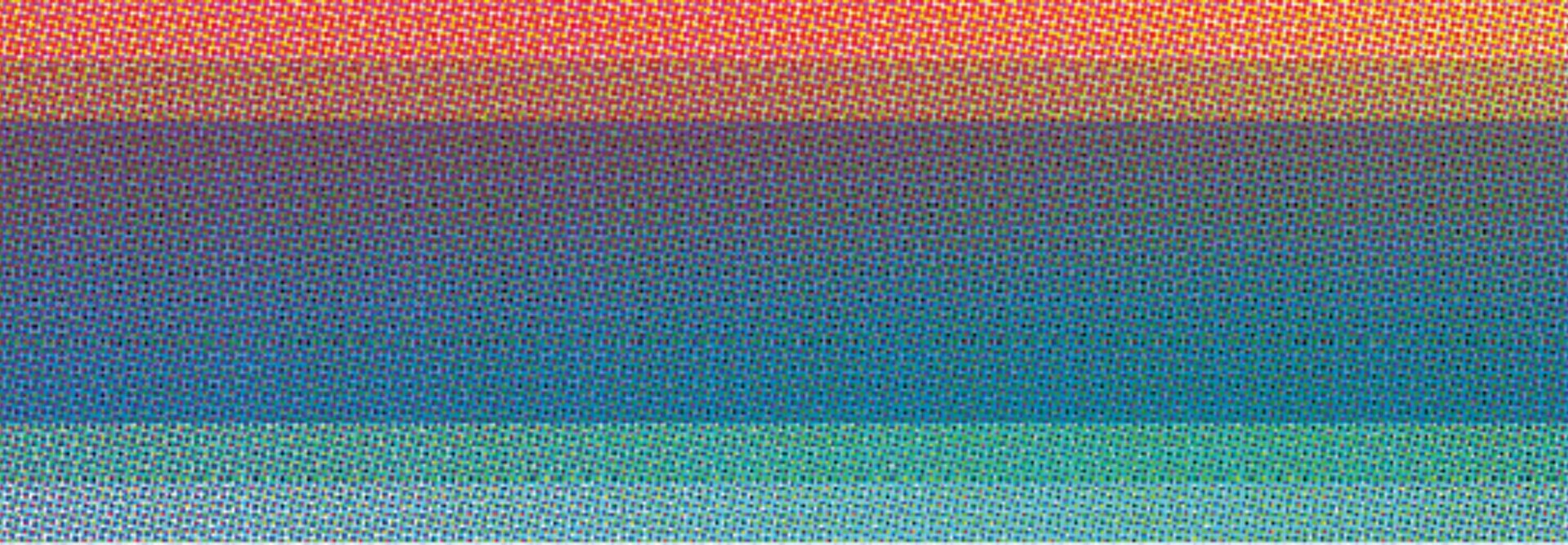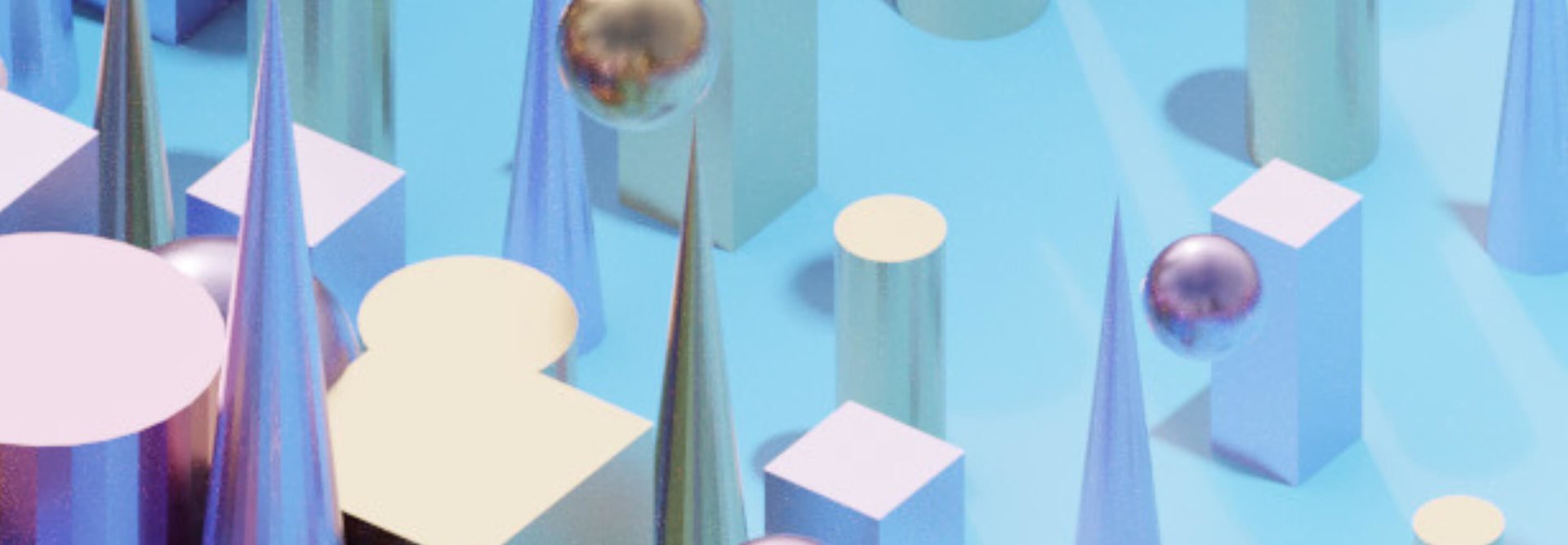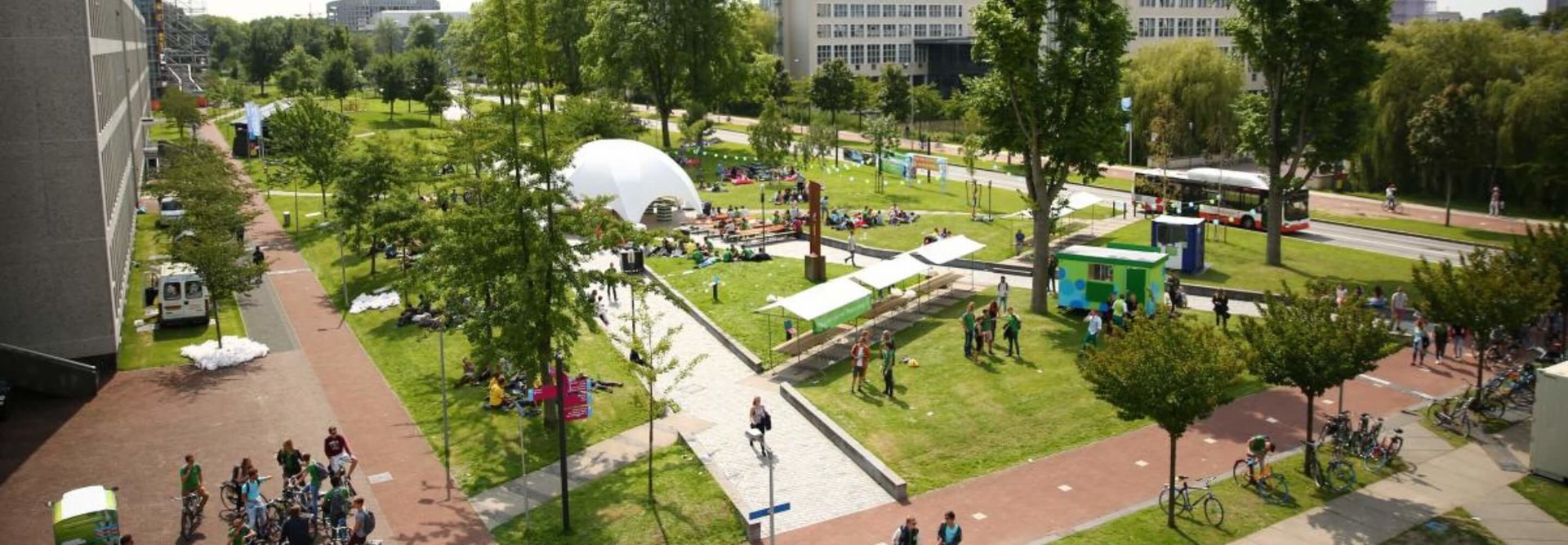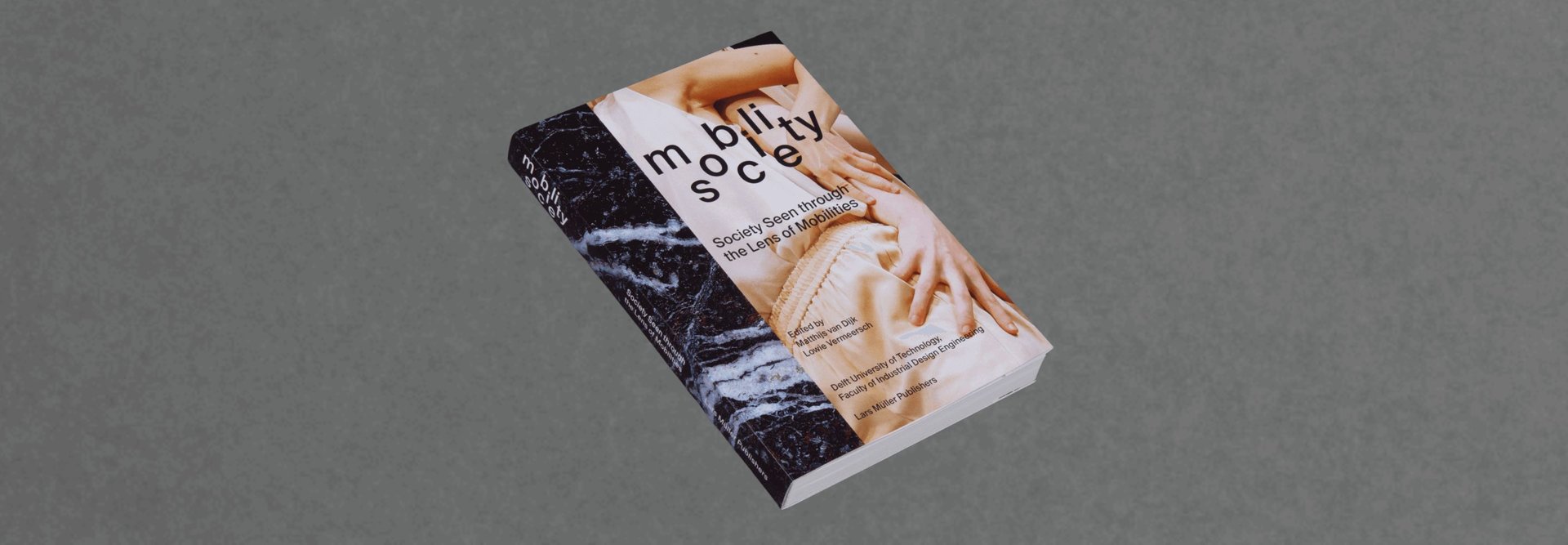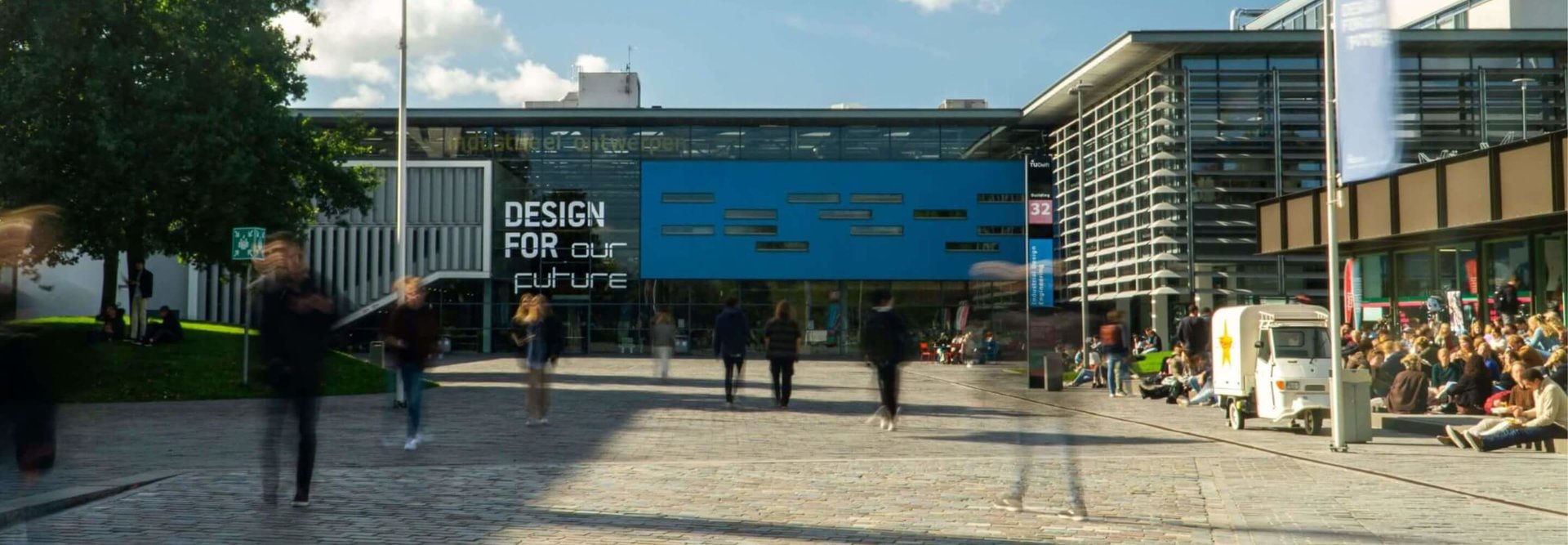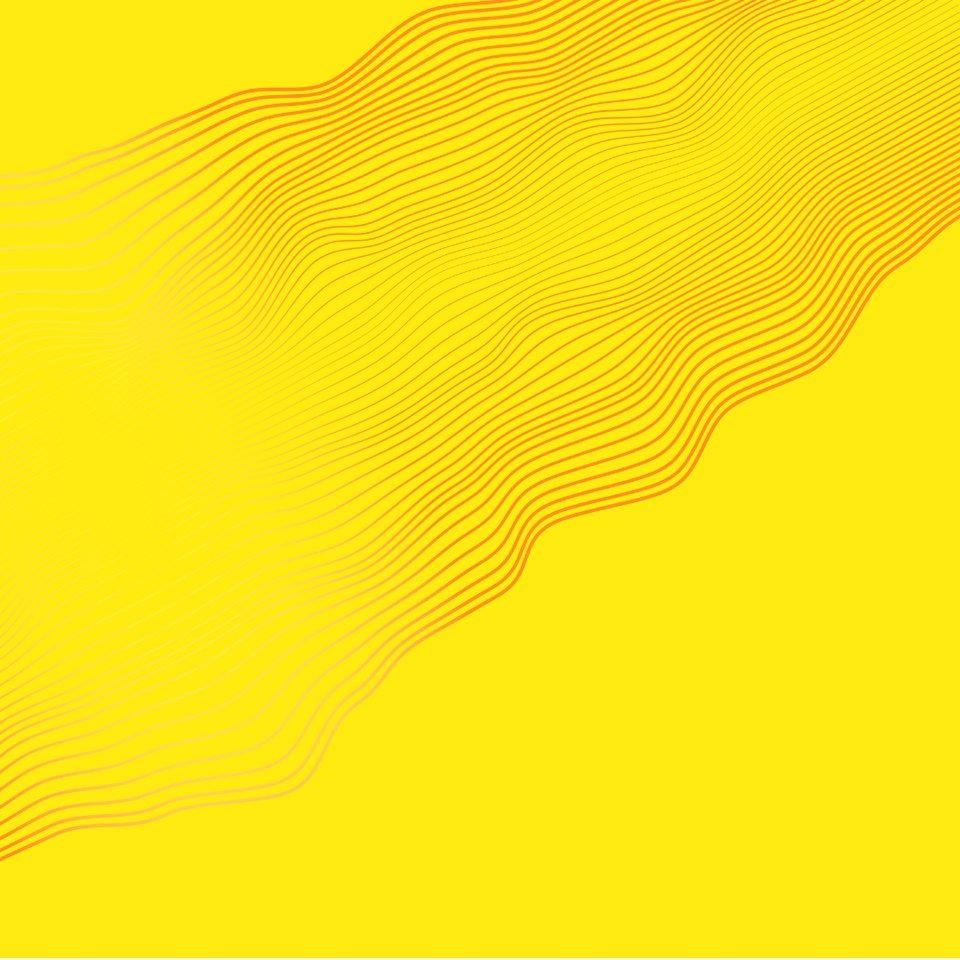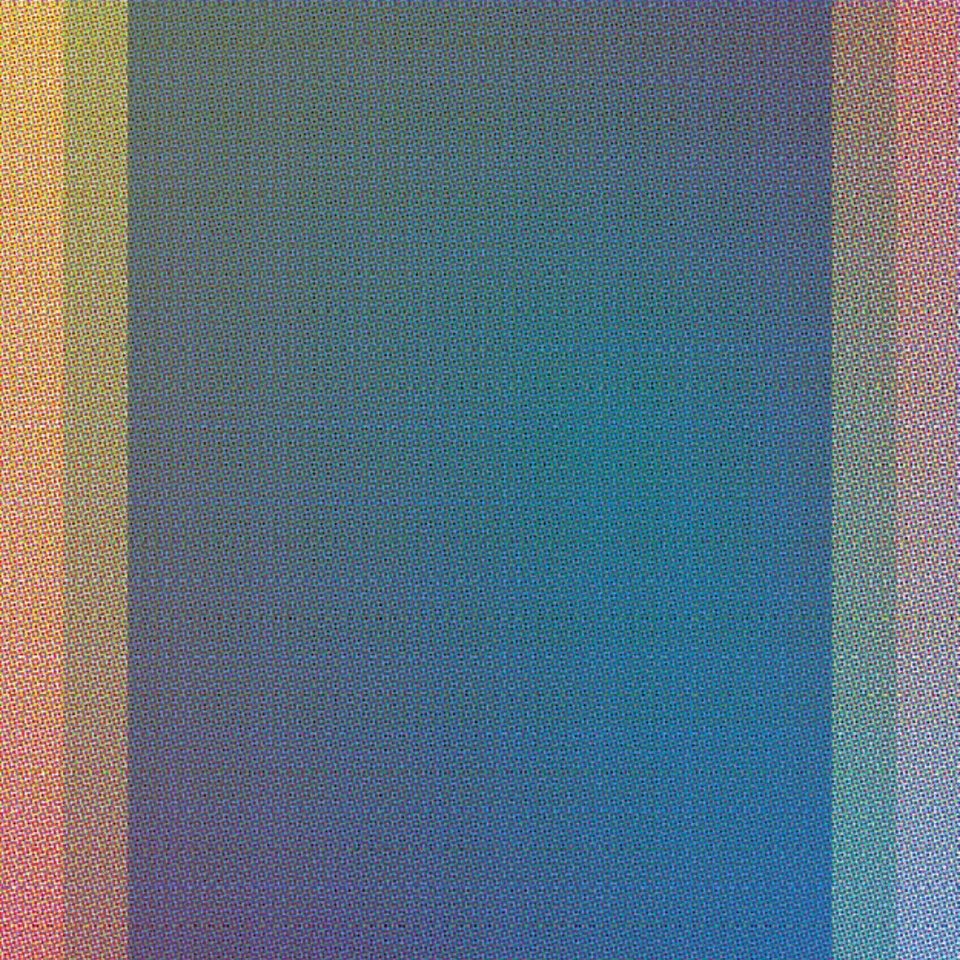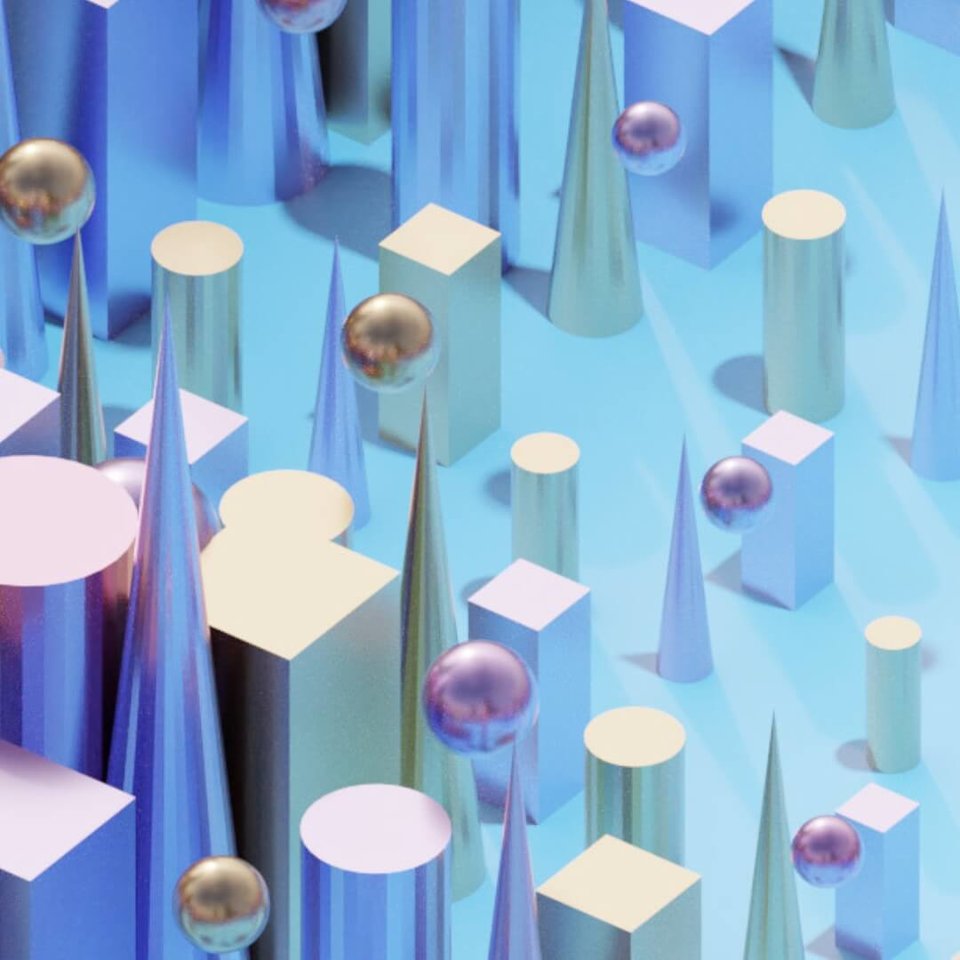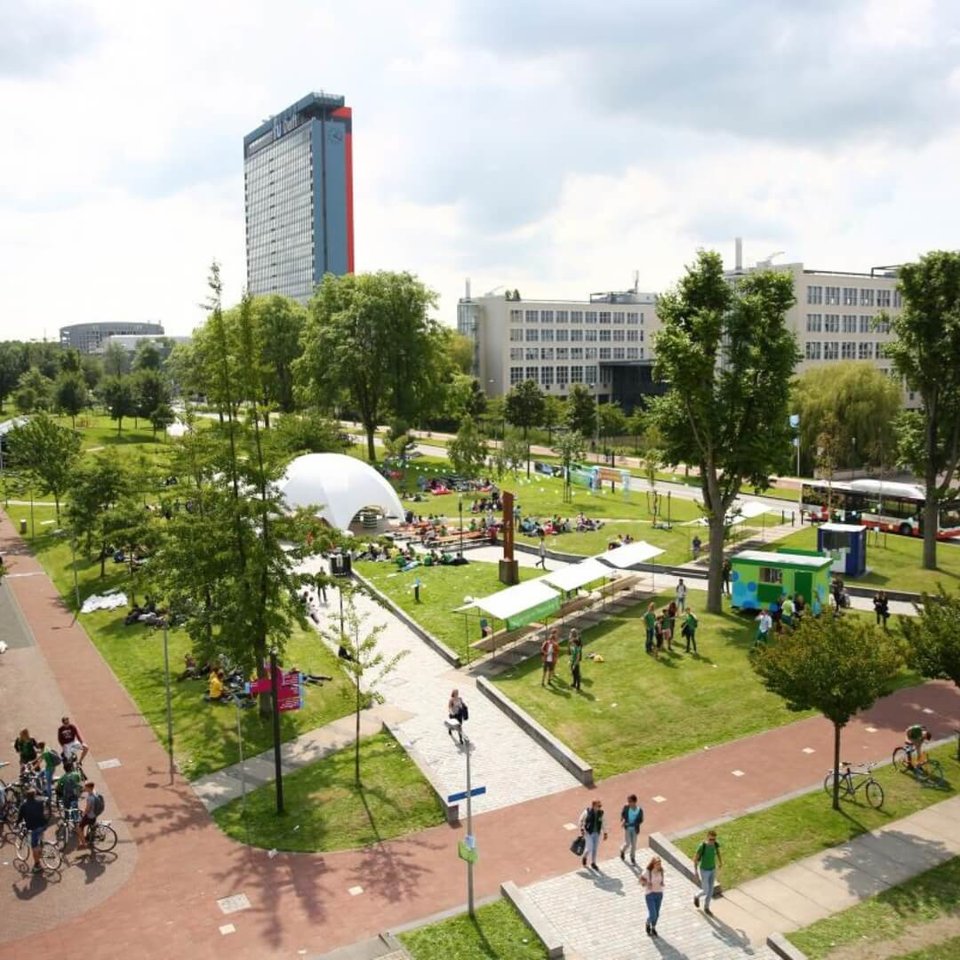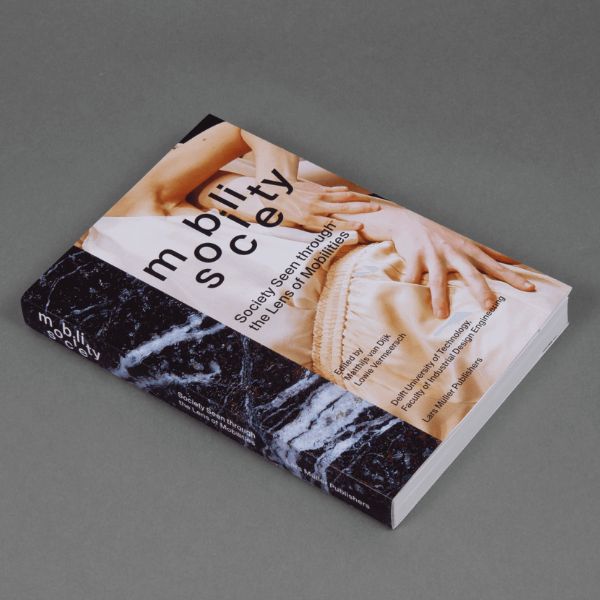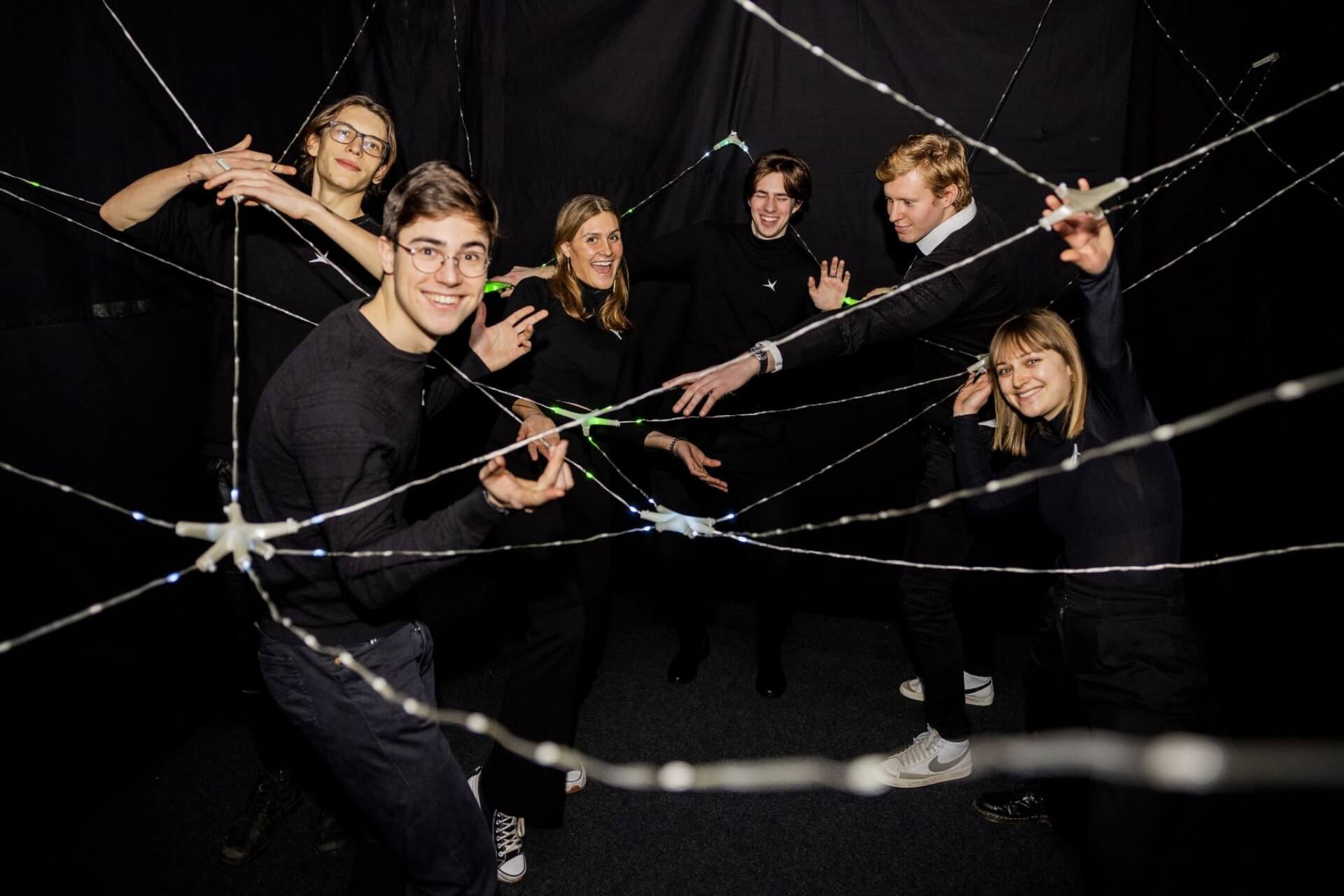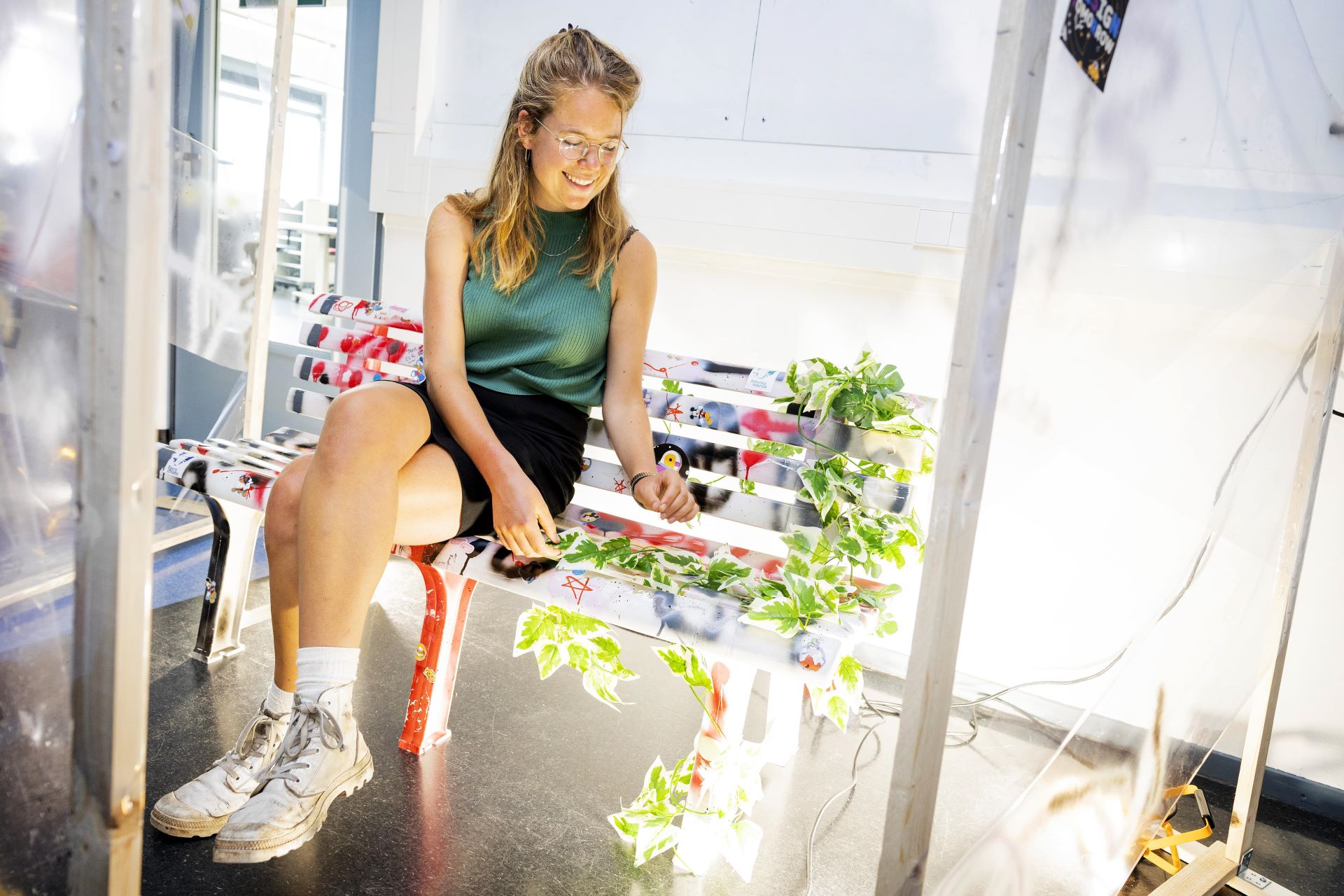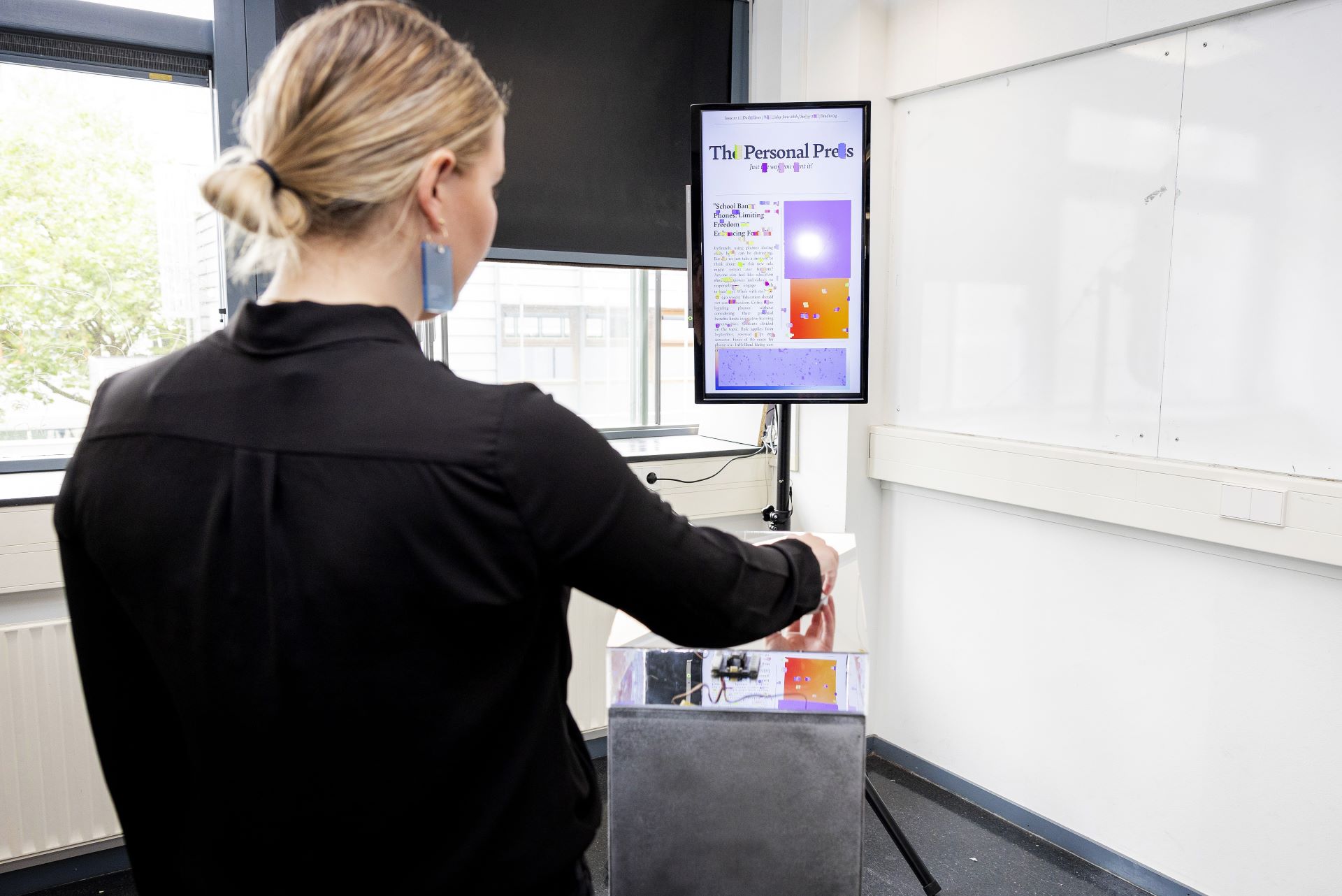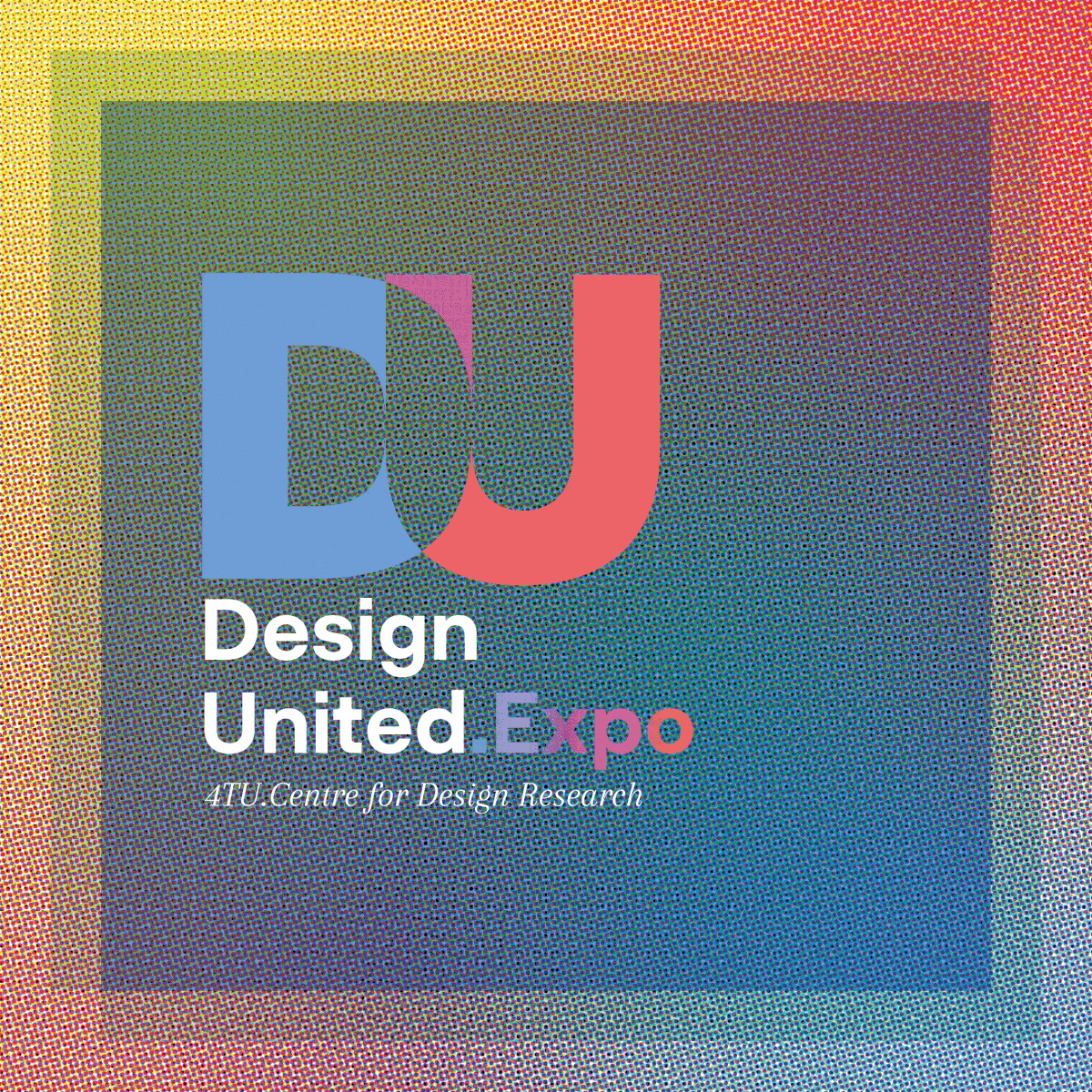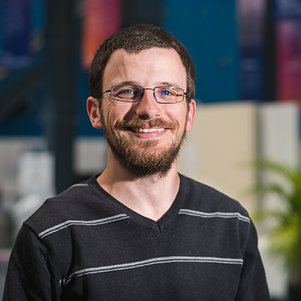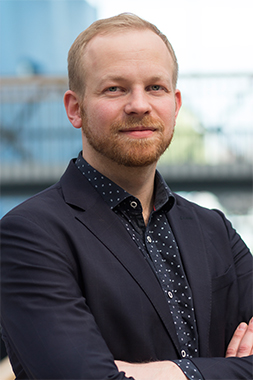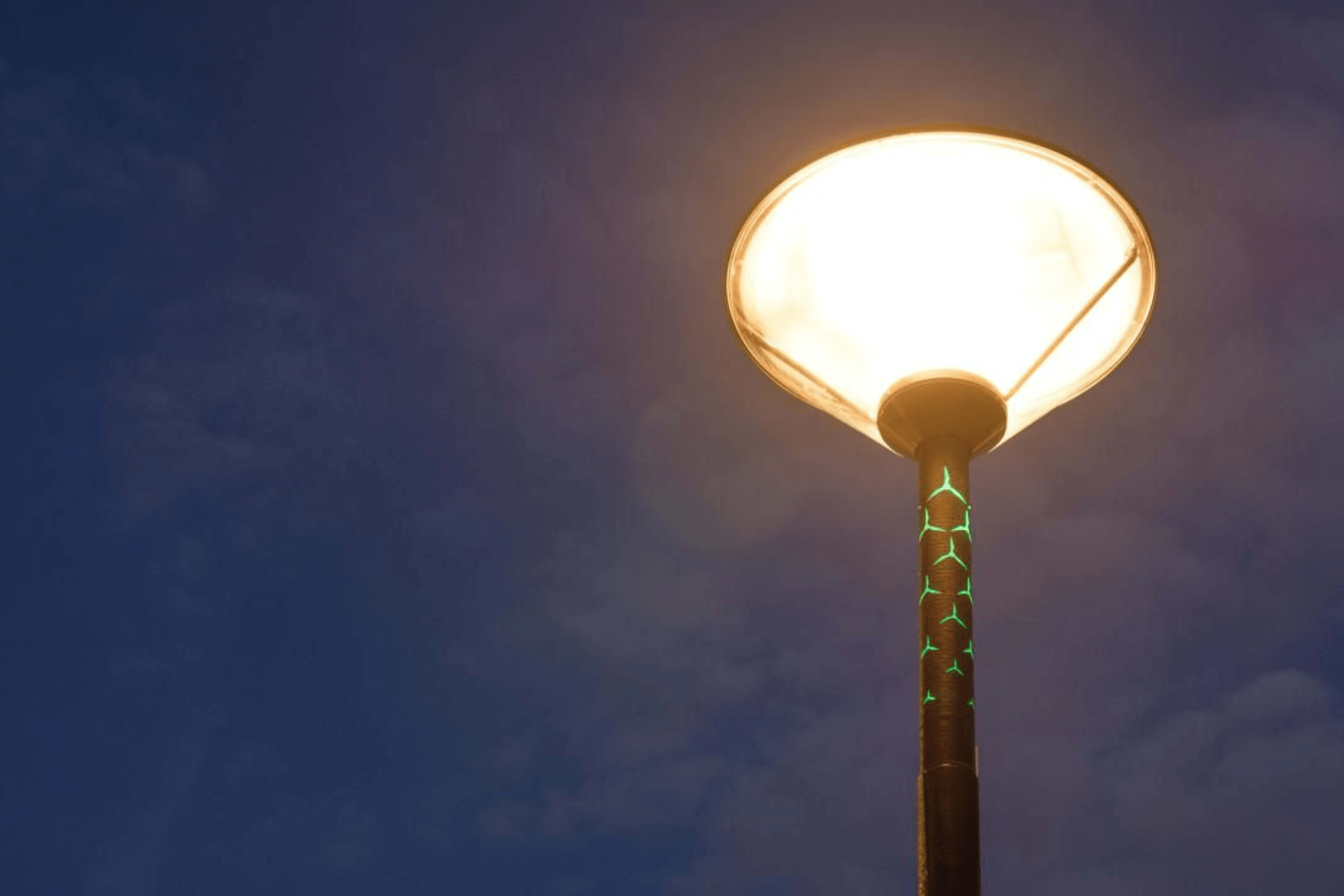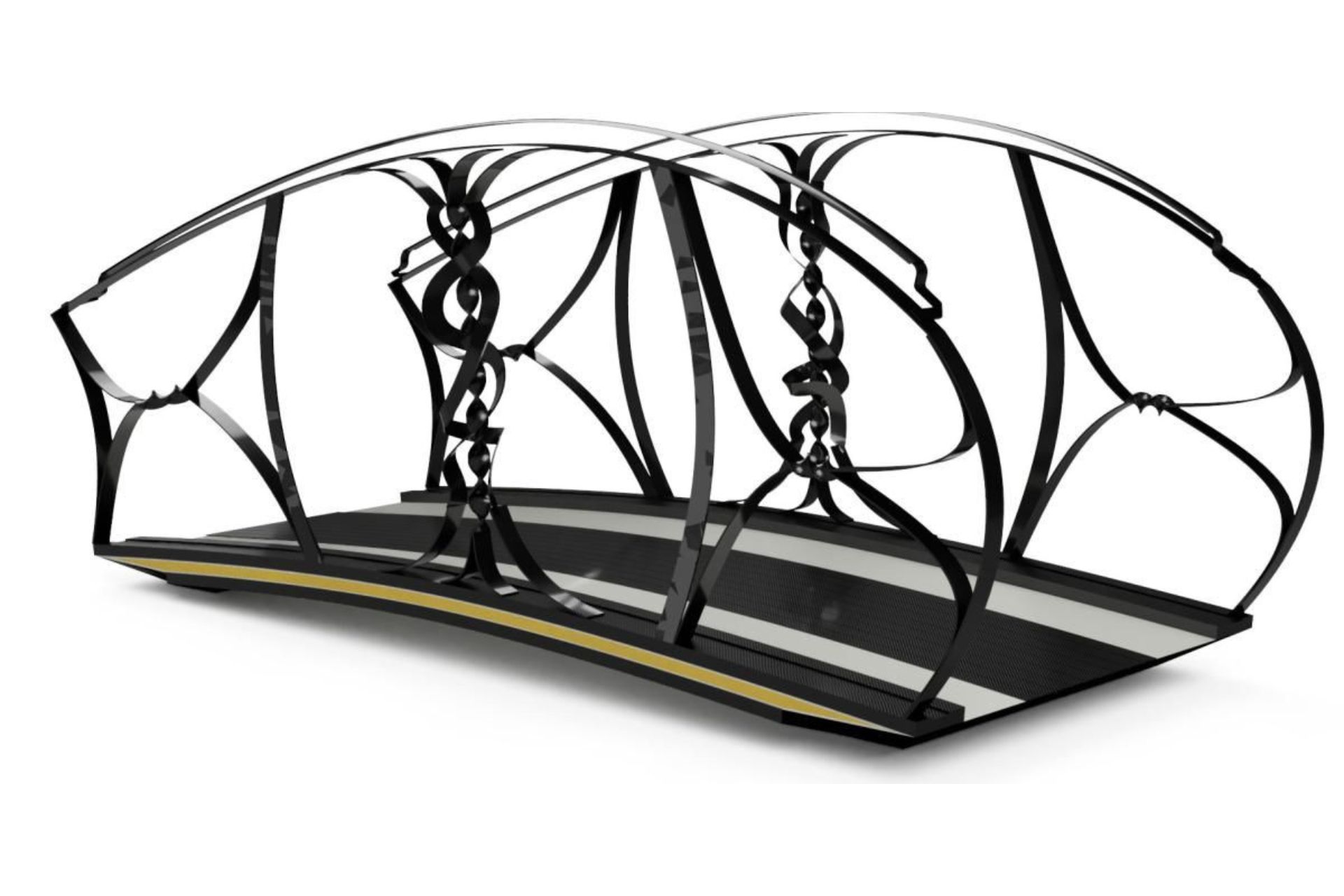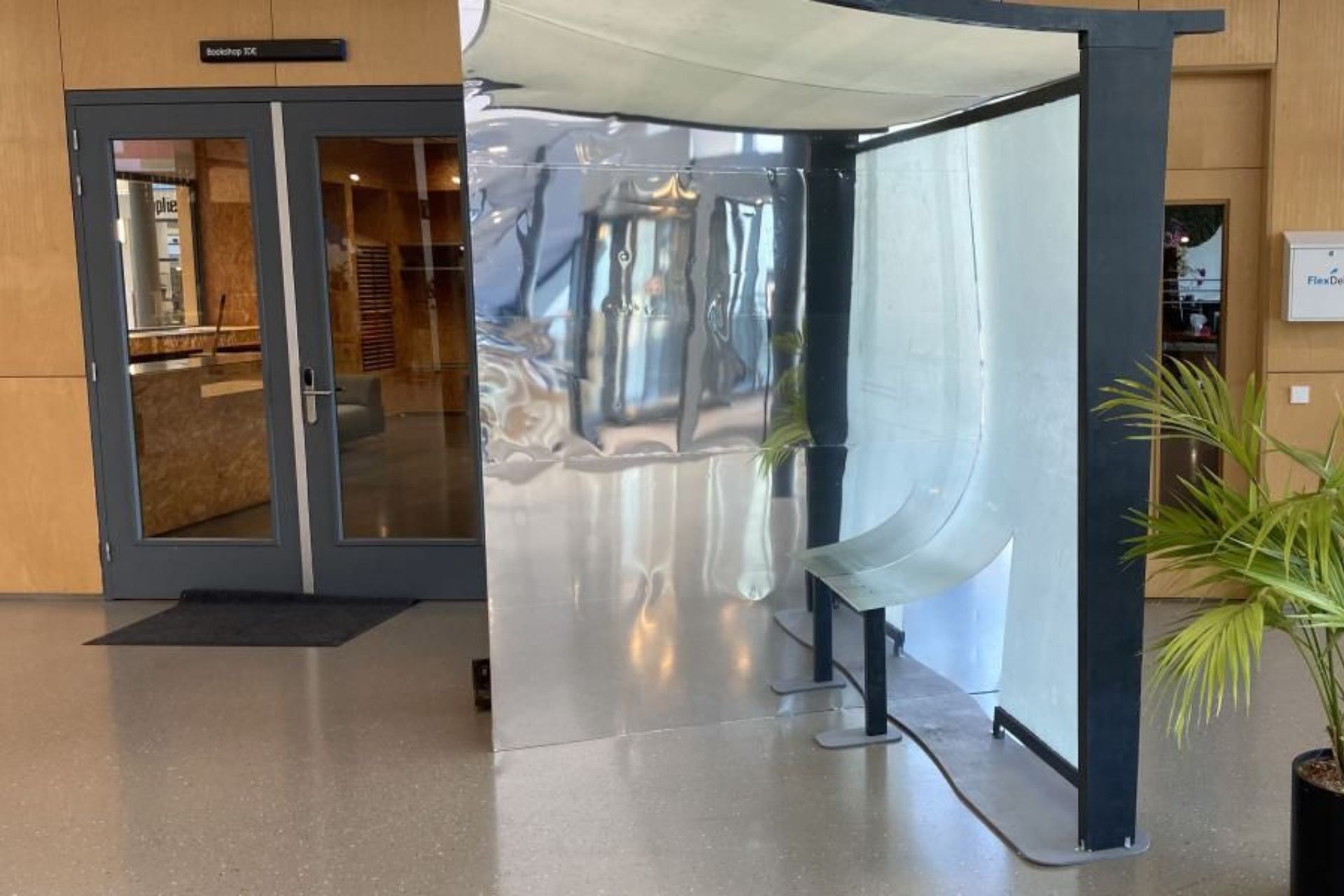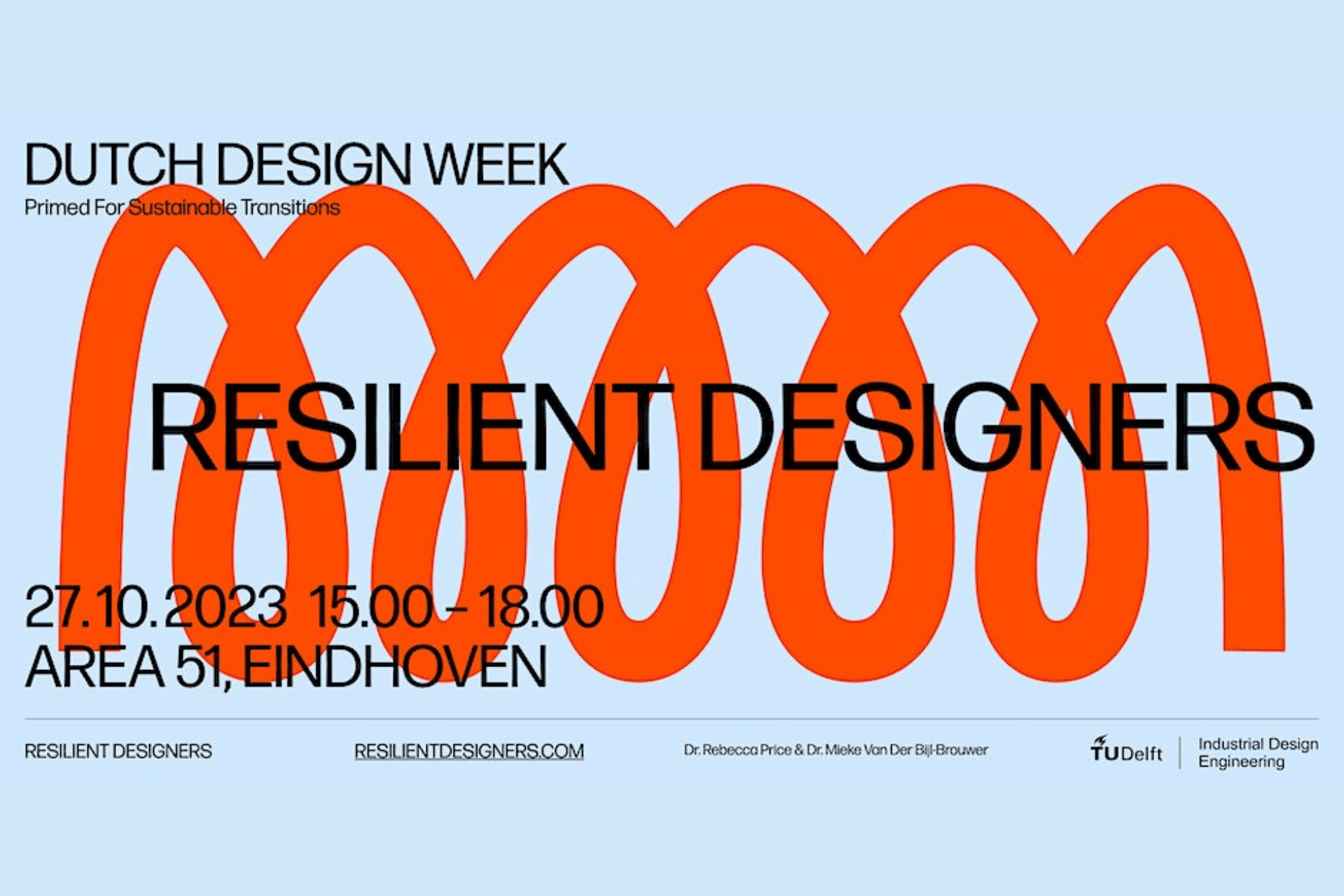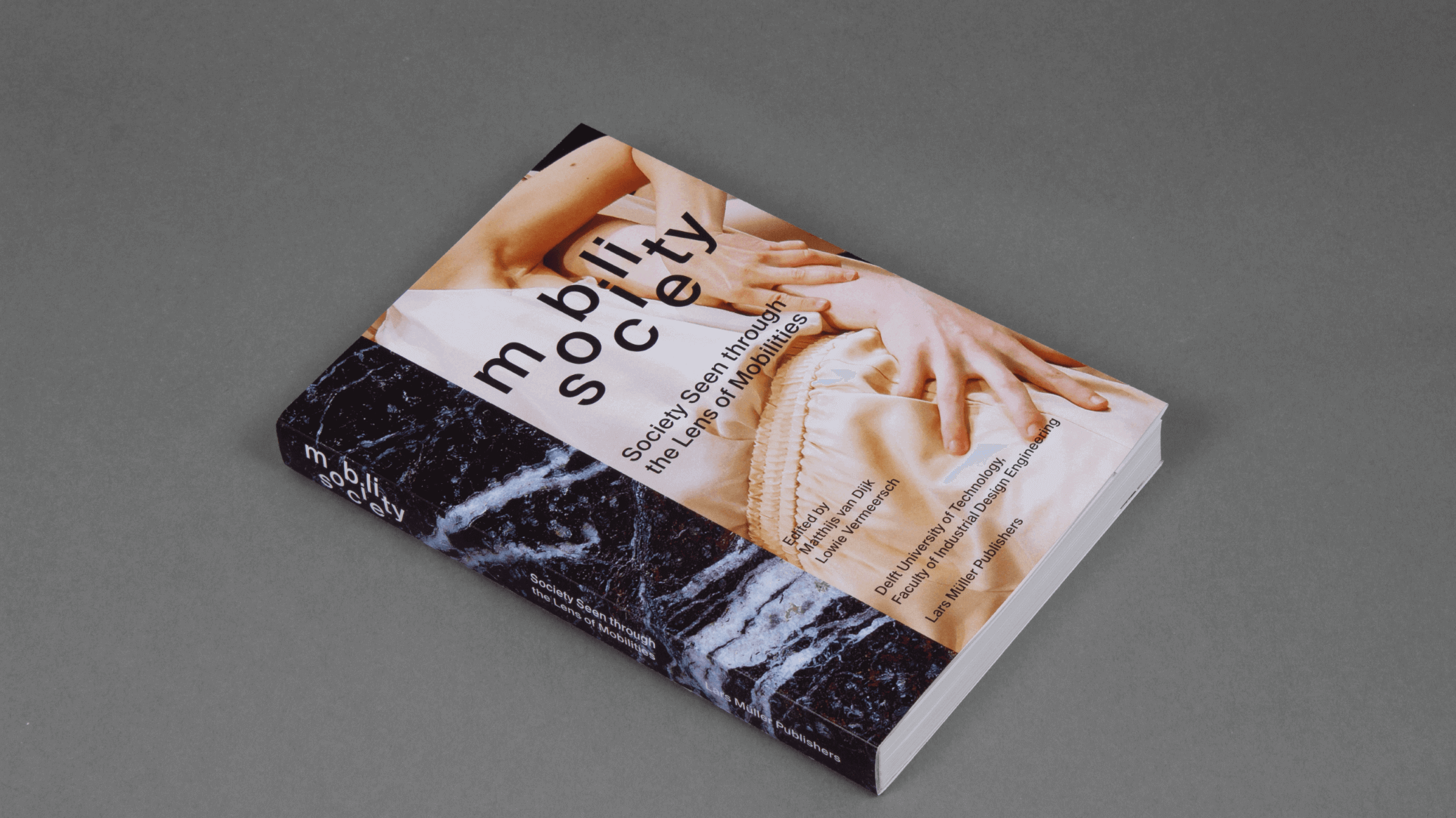Dutch Design Week 2023 (21-29 October) will feature a bigger presence from TU Delft than ever seen before. Read on to find out what’s on, mark your diaries and see you there!
For the first time this year, you will be able to visit not one but two exhibitions from the Faculty of Industrial Design Engineering (IDE) at Dutch Design Week. A major new experiential exhibition, featuring installations dreamt up by IDE students and researchers will inspire visitors – especially young people – with design’s potential to shape our future world. Meanwhile the 4TU’s Design United will be exhibiting the latest in design research from the Netherland’s four technical universities, triggering debate around design’s role in societal transitions.
But that’s not all. With Delft design engineers also represented at 4TU’s Drive Festival and the Embassy of Sustainable Design by Van Berlo, TU Delft’s presence at Northern Europe’s biggest design festival promises ample opportunity for design inspirations, connections and solutions. More information will be added here in the coming weeks.
Dream. Discover. Design. Exhibition
21- 29 October 2023 | Area 51 basement, Ketelhuisplein, Eindhoven
How would you design the perfect world?
Designers from TU Delft Industrial Design Engineering invite you to come explore their futuristic dream worlds in our immersive experience at Dutch Design Week 2023. Expect to be surprised by their interactive installations, that make you wonder how we can redesign for a better society: Where products are truly sustainable, people are equal and really happy, and where technology instead of dividing us, connects us.
-
Designers: Virginia Facciotto, Rijk Roozenbeek, Valentina Guadagno, Ryan Tsai, Maartje Roggeveen
Many citizens are excluded from decision making processes in their city. To address this we developed a special platform. Urban objects such as rubbish bins and traffic lights are brought to life, engaging citizens in conversations about their neighbourhoods, with their neighbourhoods.
-
Designers: Tamay Oudhof & Floor Oomen
Conditions like stress, anxiety and depression are more common than ever. We introduce the first Mind Muscle Club to encourage people to value their mental well-being as much as their physical health. It looks like a gym, but instead of working on your body, you work on your mind.
-
Designers: Koen Weber, Neslihan Can, Sukriti Garg, Kim de Vrij
Will personalised AI-generated news push us further into our news bubble? Or could it pop this bubble? Explore the AI-generated newspaper. Do you like your text poetic or satirical? Where are you on the values spectrum? As you play with the dials, the newspaper transforms before your eyes.
-
Designers: Rita Górriz Salanova, Olaf Kamperman, Alexander (Sasha) Kiselev, Julia Kleinwächter, Tieme van Wijnen, Pablo Yániz González
The design students behind M.I.K.E were amazed by the fact that trees “talk” to each other when they need food or are in danger. Inspired by this, they created a network of luminous nodes based on the communication network of tree roots. You are invited to enter into a web of lights and send signals to other nodes.
4TU. Design United is back and better than ever for this year's edition of Dutch Design Week. They have been hard are work curating a stellar exhibition that will give visitors the opportunity to see and experience top design research from the four Dutch technical universities. This year 4TU. Design United's exhibition will focus on five contemporary themes in design:
- More than Human - How can we create value for future habitats that are natural for the ‘life’ and growth of humans and nonhumans?
- Climate Futures Now - Design is a future-oriented practice. How to envision possible futures on a troubled planet, speculate about practices of tomorrow, and call to action?
- Politics of Design - How do designers navigate the complex intersections of social structures, cultural differences, biases, stereotypes, and domination?
- Making Matters - With critical debates on the future directions of making in full swing, How do crafters of advanced enabling technologies make the new everyday a reality?
- Disentangling AI, Design & Society - How to deal with sociotechnical complexity and shaping change?
-
Navigating the Politics of Design: building an engaged community of researchers
MICROLAB | 23 OCTOBER | 14:00-17:00
Organised by: Annemiek van Boeijen, Gabriele Ferri, Jodi Sturge, Francesca Toso, Gert Jan Veldwisch
This year, the Politics of Design theme aims to confront some of the overlooked and subtle ways that power manifests in design. We build upon last year's exploration of the relationships between design, power, and justice, and we aim to delve deeper by encouraging personal reflection and community building. Participation is free after registration. Please register before 19 October.
-
Welcome to the neighbourhood
KLOKGEBOUW | 21 - 29 OCTOBER | 11:00 - 18:00
Project by: Noor Mastenbroek, Annemiek van Boeijen, Stella Boess, Marthe van Gils
Designing an intervention in the Dutch integration system can have significant political implications. When migrants settle in the Netherlands, they undergo a complex and lengthy process involving a diverse range of stakeholders. These parties often have varying levels of power and often have distinct cultural values.
-
Age-Fi : Age Fiction(s) Investigations
Digital Exhibition
Project by: Francesca Toso, Jodi Sturge, Rens Brankaert, Maarten Houben, Janna van Grunsven, Marco Rozendaal, Lotje van Lieshout
Global healthcare systems are facing challenges in providing quality healthcare to an ageing population with complex care need, as populations are ageing globally at a fast pace. New or emerging technologies, such as Artificial Intelligence or socially assistive robots, provide opportunities to support older adults to age well at home. However moving beyond technology push, requires addressing people experiences and social embedding including formal and (in)formal caregivers. While appealing to a degree, ageing in place also comes with genuine physical, mental, and social challenges. Can technology mitigate some of these challenges and, if so, how?
-
Doula Tour
Digital exhibition
Project by: Floor Blommestijn
Global healthcare systems are facing challenges in providing quality healthcare to an ageing population with complex care need, as populations are ageing globally at a fast pace. New or emerging technologies, such as Artificial Intelligence or socially assistive robots, provide opportunities to support older adults to age well at home. However moving beyond technology push, requires addressing people experiences and social embedding including formal and (in)formal caregivers. While appealing to a degree, ageing in place also comes with genuine physical, mental, and social challenges. Can technology mitigate some of these challenges and, if so, how?
-
Werkkaart: working together towards work
Project by: Mila van Rijs, Annemiek van Boeijen, Mieke van der Bijl-Brouwer, Patrick van der Hijden, OpenEmbassy
Finding ‘formal’ work is an essential element for integration and is embedded in the new Civic Integration Act. The municipalities were made responsible for this in January 2022. However, finding formal work can be complicated, especially for those new to the country.
OpenEmbassy, the project’s client, found that informal or undeclared work is perceived as more accessible, and there is sometimes a minimal financial difference between a job and benefits. Directly discussing undeclared work with the municipality is problematic in a governmental context, and can lead to fines. Additionally, in these interactions, there is always a power structure. How can an intervention take these structures into account?
For an overview of the day's programme and to explore all the projects being showcased, please visit the 4TU.Design United's official website.
-
Speculation and Action in an interactive mini-exhibition & games, and collective workshop activities
MICROLAB | 24 OCTOBER | 14:00-17:00
Organised by: Dan Lockton (TU/e), Roy Bendor (TUD), Julieta Matos Castaño (UT), Federico Andreotti (WUR), Renee Noortman (TU/e), Eveline van Zeeland (UT)
Design is inherently a future-oriented practice. But how can we envision desirable futures on a troubled planet? Does society have a "crisis of imagination" in Amitav Ghosh's term? And if so, can designers help us both speculate about practices of tomorrow, and inspire us to take action? The Climate Futures Now! dialogue session combines an interactive mini-exhibition, games, and collective workshop activities to explore, inspire, and challenge our thinking about the role of design in the context of climate change and the futures ahead of us for humanity and the world we live in. Participation is free after registration. Please register before 19 October.
-
Sole Survivor
KLOKGEBOUW | 21 - 29 OCTOBER | 11:00 - 18:00
Project by: Puck Bos, Conny Bakker, Ruud Balkenende, Sonja van Dam
Microplastics have become a critical environmental concern. These miniscule non bio-degradable particles invade ecosystems, from oceans to terrestrial landscapes, disturbing the intricate balance of nature. They potentially affect human health in ways that we are only just beginning to understand. Action is needed now to ensure a more sustainable future. Can biodegradable plastics fulfil our sustainability expectations?
-
Unlocking Social Energy Through Relational Giving
Digitale tentoonstelling
Project by: Vic Toellner, Abhigyan Singh, Dave Murray-Rust, Hans Roeland Poolman
Our current energy systems are complex, ambiguous and opaque. Whilst the intention is to include residential end-users, in reality these systems lead to detachment and a sense of loss of control. Based on market-like models which label residents as profit-motivated buyers and sellers, the opportunity for socially-driven energy exchange has been overlooked. Technology and infrastructure may be advancing, but the current energy transition widens social inequalities and leaves vulnerable groups behind. In a bid to ensure the inclusion of low-income residents and to meet the government’s target of an energy neutral Amsterdam Zuidoost by 2040, the Local Inclusive Future Energy (LIFE) project is working on utilizing local and sustainable energy in a new decentralized system.
For an overview of the day's programme and to explore all the projects being showcased, please visit the 4TU.Design United's official website.
-
How to practice More than Human Design?
MICROLAB | 25 OCTOBER | 14:00-17:00
Organised by: Nazli Cila (TUD), Oscar Tomico Plasencia (TU/e), Clemens Driessen (WUR), Evert van Beek (TUD), Robert-Jan den Haan (UT)
As design researchers, we were able to establish more-than-human design as a sound intellectual and conceptual perspective to generate artefacts and knowledge. During this afternoon, we would like to build upon this theoretical base and broaden it by exploring the “how” side of doing more-than-human design: What are our methodologies? How do we integrate the perspectives of nonhumans into our processes? How do/should we teach more-than-human design? What are the ethical and practical challenges of having a more-than-human perspective on design?
-
Algae Cloud
KLOKGEBOUW | 21 - 29 OCTOBER | 11:00 - 18:00
Project by: Neva Linn Rustad
Can we store data as a breathing, living culture? In complex and distributed human-made-systems, the intimate co-dependency between humans and non-humans can feel distant and vague. A novel approach for fostering a sense mutual care between people and living organisms can be found within biodesign, where living artefacts provide human users with functional benefits, like lighting, air purification and unique material qualities in exchange for care.
-
The Re-generative Ruin
KLOKGEBOUW | 21 - 29 OCTOBER | 11:00 - 18:00
Project by: Riel Bessai, Pedro Daniel Pantaleone, Studio-Method
Within the context of the current ecological crisis, designers must re-think their relationship to the extractive culture characterizing building practices. We question the relation between construction and consumption, creation and depletion, growth and de-growth. How can deconstruction act to generate space for unknown relationalities to emerge?
-
Living with the Lesser Black-backed Gull in the Dutch Delta
KLOKGEBOUW | 21 - 29 OCTOBER | 11:00 - 18:00
Project by: Joanna van der Leun
This project is an example of what happens if a design project is started from the perspective of another species. In this case, the Lesser Black-backed Gull. When viewed from this unique perspective, it reveals our entanglements, and the (unintentional) impact we as humans have when we make an adjustment in our shared environment. These valuable insights give us the opportunity to design sustainable co-existence, and environments accordingly.
-
The Tree Storage
KLOKGEBOUW | 21 - 29 OCTOBER | 11:00 - 18:00
Project by: Costanza D’Arcangelis
The project seeks to address the problem of humans often perceiving themselves as the central focus of the world, neglecting non-human entities. This perspective, whether justified or not, frequently goes unnoticed. The project's objective is to introduce a fresh perspective to those who have not considered it previously, stimulating questions in observers about human’s intricate relationship with the world. The Tree storage aims to make the user question how much our human-centred view reflects in what we value by using speculative design to focus on the more-than-human life of the data and the trees living in symbiosis.
-
Octopus Vulgarius Stealthy Skin Suit
KLOKGEBOUW | 21 - 29 OCTOBER | 11:00 - 18:00
Project by: Mette Sterre
Mette Sterre develops "body masks" that can be understood as (parts) of costumes that extend the human body into its natural, social and technological environment. The Octopus Suit is the result of research into the capabilities of an Octopus (skin) and mimicking this through soft robotics engineering to explore the qualities of it for human applications. This research into biomimicry of octopus skin fits into Mette Sterre's artistic practice, as it allows to make a chimera hybrid being, that underlines the dissolvement of the mind body duality, and creates a cyborg being, that can think through touch and tactility, optimising intuitive movement as a reactionary environment.
For an overview of the day's programme and to explore all the projects being showcased, please visit the 4TU.Design United's official website.
Just like last year, the Design Research & Innovation (DRIVE) Festival will take place in de Effenaar from 23 – 27 October. The festival is organized by CLICKNL and 4TU.Design United. If you attend, expect to see IDE researchers giving inspiring talks (DRIVE Live) and leading great work sessions (DRIVE Works). Like other years, every DRIVE day focuses on a major social theme:
- Systems & Societal Innovation - How do we design for a healthy, thriving society?
- Future Living Environments - How do you design an environment in which we would like to live, but in which there is also space for e.g. resilient nature?
- Designing the Circular Economy - How do we ensure a more caring relationship with our products and materials worldwide?
- Digital Society - How do we deal with securing public values such as inclusivity when designing the digital realm?
- DRIVE 10 years - We will celebrate our 10th anniversary including matchmaking sessions and a big party
It is possible to attend DRIVE 2023 digitally. You can watch DRIVE Live daily from 10:30 - 11:30 via the livestream. Would you like to receive the link(s) to the livestreams in your mailbox one week before the event? Then register yourself using this link. Would you rather join a DRIVE Live or DRIVE Works in the Effenaar? Then be sure to sign up for the Effenaar waiting list here.
DRIVE Festival celebrates 10 years during DDW!
The last DRIVE day (October 27) will be a little different this year: they will celebrate DRIVE's 10th anniversary with a big party, and you are invited! For this, they will be joining forces with CreativeNL to present 'CreativeNL Live'. Join our evening programme (20.00 - 23.00) that kicks off with an inspiring keynote by Borre Akkersdijk, to move on to a big party including live music. Click here for more information.
But that's not all! In honour of their 10th anniversary, the DRIVE Festival visited some renowned designers and design researchers who have been part of our DRIVE community for many years. They asked them about the evolution of design (research): how did it start, where are we now and what direction should we take? In this first episode (which you can watch below) they look back: 10 years ago.
-
EXHIBITION
INNOVATION POWERHOUSE | 21 - 29 OCTOBER | 11:00 - 17:00
Project by: Karel Brans, Sam Lonis and Thomas Te Lintelo
What to do with end-of-life products made of composite materials, such as wind turbines? Recycling is difficult, so this might result in millions of tonnes of waste. IDE students Karel Brans, Sam Lonis and Thomas Te Lintelo set out to find solutions. For their graduation projects, they investigated the possibility of reusing these composites in new applications. They also developed a design approach. How about a bridge, a bus shelter or a lamppost?
Co-supervisor Jelle Joustra: "The aim of these projects is to reuse the material as-is and thus preserve the quality. Therefore, the students looked for ways in which the reclaimed material could be processed, what qualities it has and in which way it can then best be used. Because the material is so strong and resistant to weathering, all three came up with outdoor applications that can take a beating.
-
TALK
AREA 51 | 27 OCTOBER | 15:00 - 18:00
One of the most overlooked traits of being a good designer? Cultivating a practice of resilience.
If you want to have an impact in the world, you'll undoubtedly face many obstacles and setbacks. Being able to bounce back (or bounce forward) is one of the key traits that sets great designers apart.
IDE assistant professor Rebecca Price and associate professor Mieke van der Bijl-Brouwer have been pioneering this research on Designer Resilience. They will be sharing their learnings, actionable principles, and a full toolkit of activities at Dutch Design Week this year.
Mobility|Society launches new book at DDW
‘Mobility |Society - Society Seen through the Lens of Mobilities’
The book ‘Mobility | Society - Society Seen through the Lens of Mobilities’ will be launched on 23 October at Dutch Design Week. It brings together many experts from diverse disciplines. It offers a variety of insights on the potential that mobility has in shaping the future of society. Dean Caspar Chorus: “This book breaks new ground by reconceptualizing and reframing the topic of mobility.”
The topic of mobility is so vast that it plays a role in virtually every aspect of our lives. The book ‘Mobility | Society - Society Seen through the Lens of Mobility’ is packed with ideas, suggestions, contemplations about the potential that mobility has in shaping the future of society.
